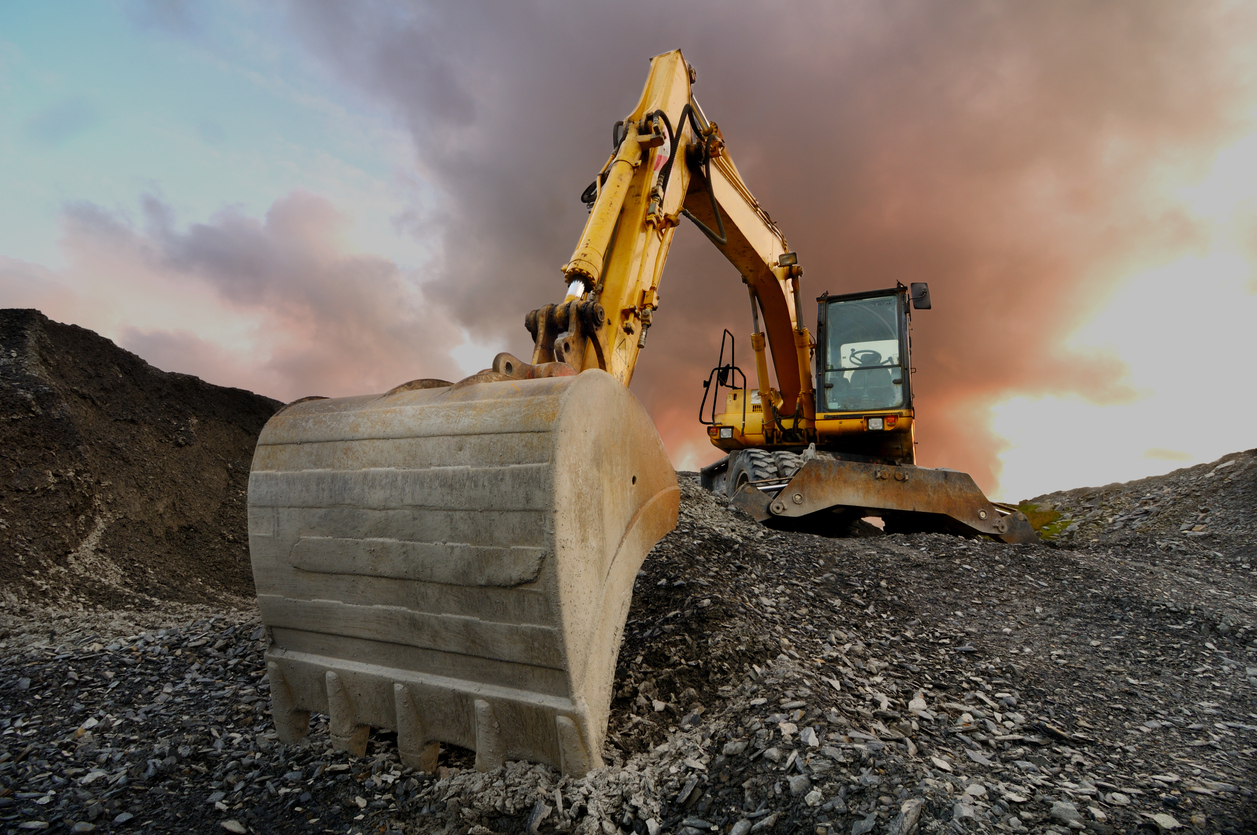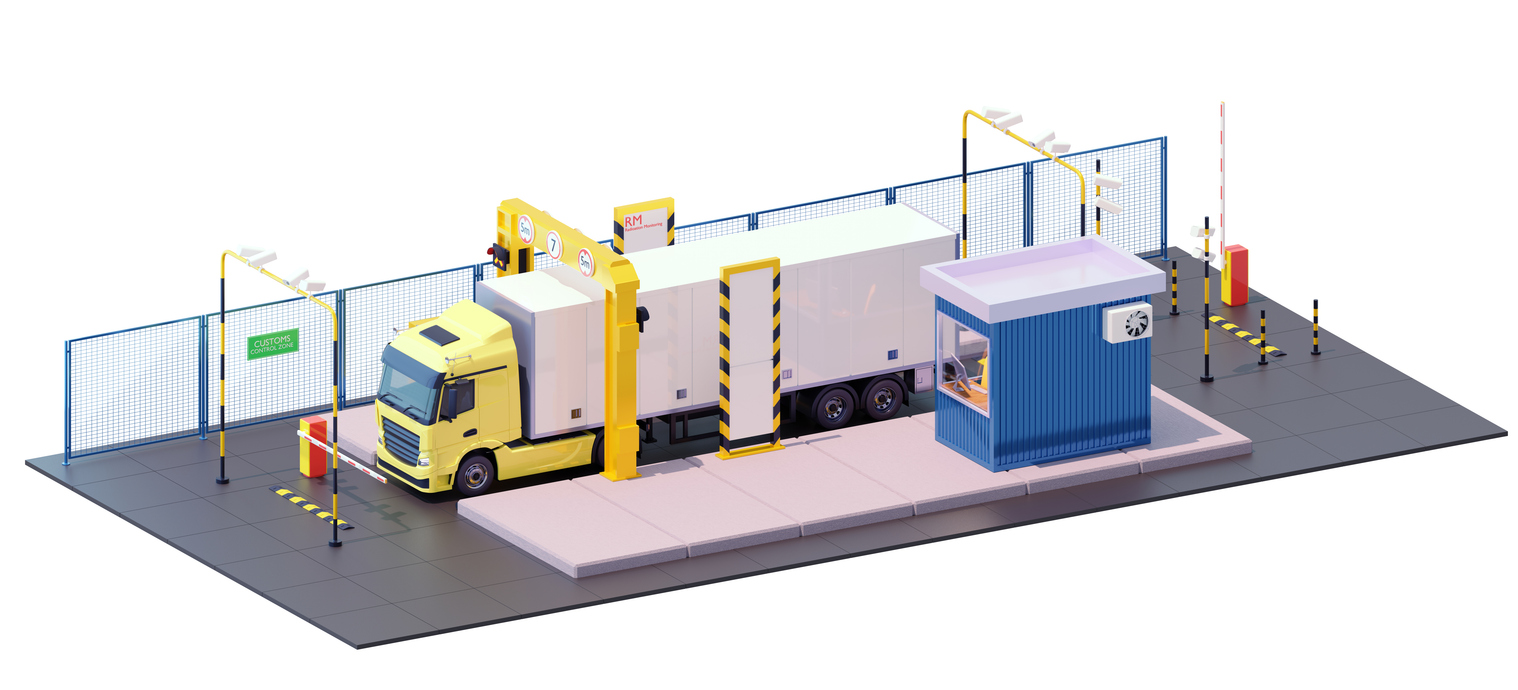Purchasing and Exporting Excavation Machinery from South Africa
Purchasing and Exporting Excavation Machinery from South Africa
Excavation is a job that requires physical strength and endurance. Workers need to move rocks and soil with machines, often in difficult conditions. Excavators are heavy construction machines used for digging and excavating. They can dig pits or trenches, remove excess soil after blasting operations, and excavate foundation pits for new buildings. An excavator is a piece of construction equipment that uses its arms to lift, excavate, and move large amounts of earth and other materials. An excavator is more compact than a backhoe loader but larger than an auxiliary excavation machine like a shovel or cliff-side crane. In this article we will explore the market for purchasing and exporting excavation machinery from South Africa . If you would like to learn more about these topics – Click on links below
Importing Excavation Machinery from South Africa
Importing excavators is a good way to finance new construction. Exporters in South Africa have an excellent reputation for producing high-quality construction equipment, and importers often finance the equipment through the import-export process. Governments also help finance construction through loans from the International Financial Corporation, and some of these loans are used to purchase excavators to be used in public-sector projects. In most countries, excavators are imported for commercial or public use. Importers will usually have to pay import duties and taxes based on the machine’s value. Excavators are heavy equipment, so the importer will have to have them transported to the destination. The importer will also have to have the excavators insured during transport.
Exporting Excavation Machinery from South Africa
The first step in exporting excavators is to find out if there is a demand for them in the market where they are being sent. Construction contractors often want to purchase excavators made by local manufacturers to ensure that they will be able to get parts and service support in the future. In other cases, contractors want to buy the most economical machine. There are also standards for excavators being exported. The machine’s weight, width, and height must meet the requirements of the target country. Excavators are heavy machinery, so exporters must make sure that the machines are transported by a contractor who can get them to the port. Exporters may have to have the excavators tested for safety and quality. In many cases, this means sending the excavators to a testing laboratory. The laboratory will do things such as run computer simulations to make sure the machines will work as expected.
Purchasing New Excavation Machines for Sale in South Africa
Construction contractors often purchase new excavators because they want the newest technology. New excavators may have other features that make them more economical to use. For example, they may have a smaller footprint that allows the operator to work in a smaller area. Newer machines are also less likely to be out of service because they have a lower failure rate. Industrial mining contractors often buy new excavators for specialized tasks such as rock excavation. Mining contractors are usually large companies that have the resources to purchase new machines. Some of these contractors finance the purchase through loans from the International Financial Corporation.
Export Used Excavation Machines to the Global Market
There are markets that prefer used machines over new ones. In some cases, companies are purchasing used excavators to meet government procurement regulations. Other times, the contractor wants used equipment because it is less expensive. Some governments require contractors to buy used equipment as part of a public bidding process. Many contractors are required to pay a percentage of the price of the machine as a down payment. In these cases, the contractor has to have the money available to pay the down payment. Some contractors hire companies that specialize in selling used equipment. These companies inspect the used equipment and make sure that it is in good condition. Used equipment is usually sold after it has been used on a construction site for a few years.
Conclusion
Excavation machinery is a big part of construction projects. When deciding what type of excavators to use for a project, contractors consider the soil type and depth, the size of the excavation, and the terrain. They also need to consider the machine’s weight, size, and fuel capacity. The excavator’s weight is important because it determines how much the machine can lift. The width of the machine determines how wide the excavator can be. The size of the excavator refers to the length of the machine. Excavators need enough space for the operator to fit inside comfortably. The fuel capacity is important because the excavator will not be able to work if the fuel tank is empty.







LEAVE A COMMENT
You must be logged in to post a comment.